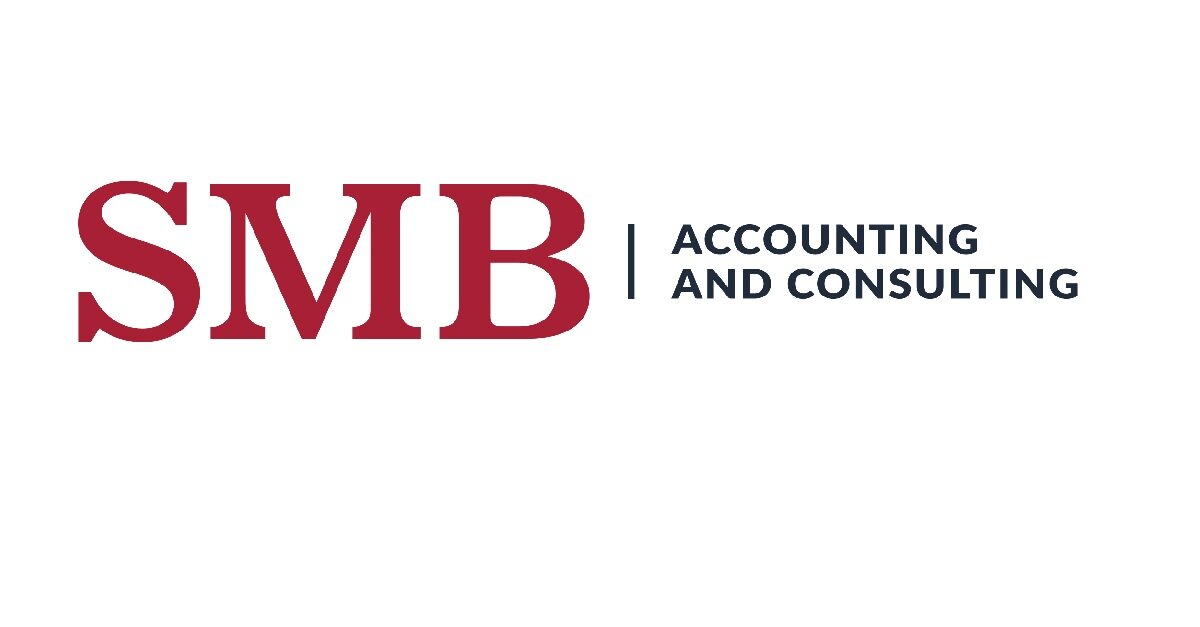Venmo, CashApp, and Zelle… OH MY! Why They Aren't Ideal Payment Solutions for Small Businesses
In today's digital age, the convenience of instant money transfers has become a staple in our daily lives, thanks to platforms like Venmo, Cash App, and Zelle. While these apps excel in peer-to-peer transactions, they may fall short when it comes to meeting the needs of small businesses seeking reliable payment solutions. Despite their widespread popularity, these platforms pose limitations and risks that can significantly impact business operations and financial security. Let's explore why Venmo, Cash App, and Zelle may not be the optimal choice for small businesses and what factors entrepreneurs should consider when evaluating payment solutions for their ventures.
1. Violation of Terms of Service:
Venmo expressly prohibits using its platform for business purposes, reserving it for personal transactions between friends and family. Similar restrictions may apply to Cash App and Zelle, as they are primarily intended for personal use rather than business transactions. Violating these terms could lead to payment reversals, account freezes, or terminations, posing significant risks to businesses relying on these platforms for transactions.
2. Lack of Business Features:
Most mobile payment apps lack essential business features such as invoicing, customizable receipts, and detailed transaction categorization. Opting for dedicated business payment platforms ensures access to tailored features designed to meet business needs. Integrating these platforms with accounting software streamlines payment processes and ensures accurate financial records, a crucial aspect of business operations.
3. Limited Buyer/Seller Protection:
Unlike platforms like PayPal Business or Square, Venmo does not offer the same level of buyer and seller protection for business transactions. Disputes or issues with transactions may lack adequate recourse or support. While Cash App and Zelle provide some buyer protections, they primarily focus on unauthorized transactions or fraud prevention, leaving disputes over goods or services less safeguarded.
4. Limited Transaction Information:
Mobile payment app transactions often provide only brief descriptions, lacking the detailed information necessary for accounting and record-keeping. This limitation complicates tracking business expenses and income accurately, potentially leading to errors in financial management.
5. Security Concerns:
Using mobile payment apps for business transactions may expose sensitive financial information to additional risks. Larger sums of money involved in business transactions can attract hackers and scammers, posing a heightened security threat compared to personal transactions.
6. Tax Implications:
Mixing personal and business transactions can complicate tax reporting and record-keeping, leading to errors in tax filings. Separating business and personal finances helps maintain clarity and accuracy in financial reporting while safeguarding personal assets from business liabilities or legal issues.
7. Limited Customer Support:
Mobile payment app customer support is often criticized for being slow and difficult to reach, hindering prompt resolution of issues. Dedicated business payment platforms offer robust customer support systems, providing businesses with timely assistance and resolutions for transaction-related disputes or concerns.
When small businesses subscribe to the proper level of service on Venmo, Cash App, and Zelle, they can leverage these platforms effectively for various payment needs. For instance, Venmo offers a business profile option that allows small businesses to accept payments and access additional features like customizable payment links and customer invoices. Cash App also provides a Cash for Business service that enables businesses to accept payments from customers seamlessly. Zelle, although primarily used for personal transactions, can still be utilized by small businesses for quick and secure payments between clients and vendors, provided both parties have compatible bank accounts linked to the platform. By subscribing to the appropriate business-oriented features and services, small businesses can harness the convenience and efficiency of these digital payment platforms while ensuring compliance with terms of service and regulatory requirements. However, for optimal business transactions, using dedicated payment platforms like PayPal Business, Square, or bank-provided merchant accounts is recommended. These platforms provide tailored features, robust security measures, and reliable customer support, ensuring compliance with terms of service and regulatory standards while meeting businesses' unique needs.

